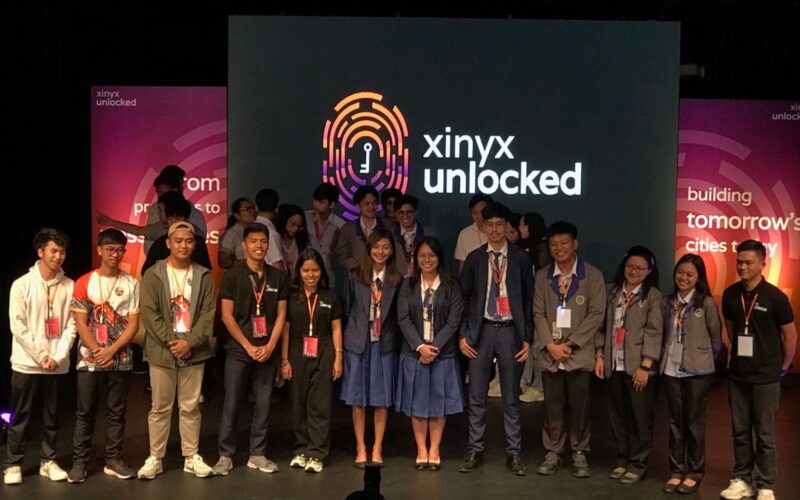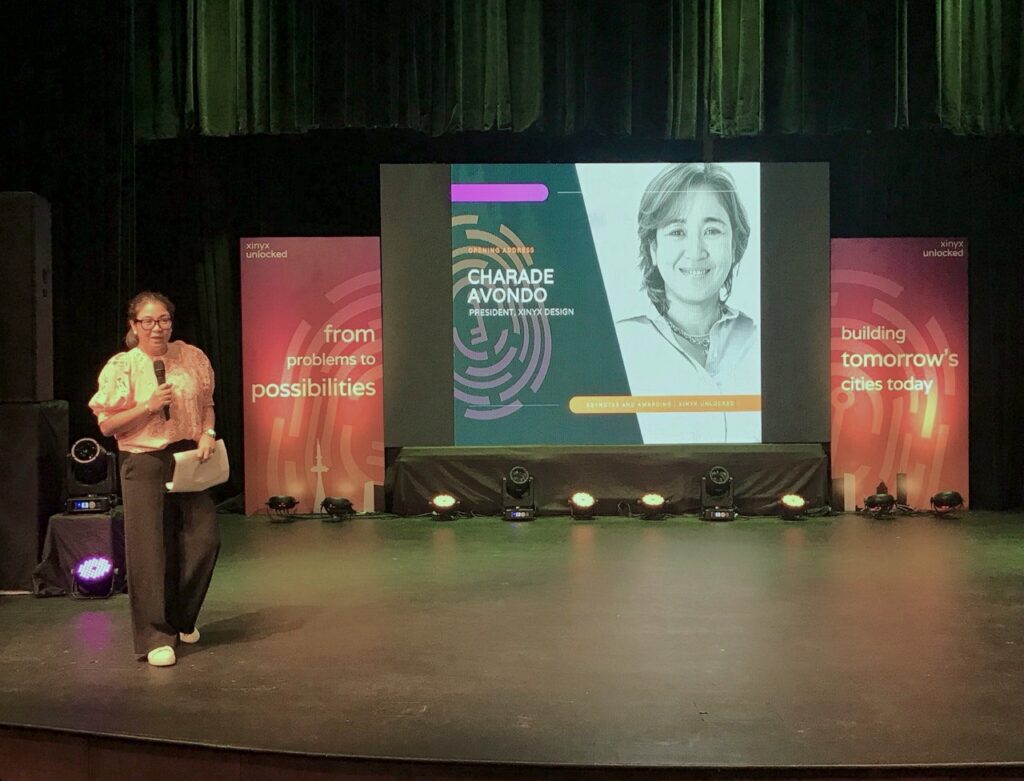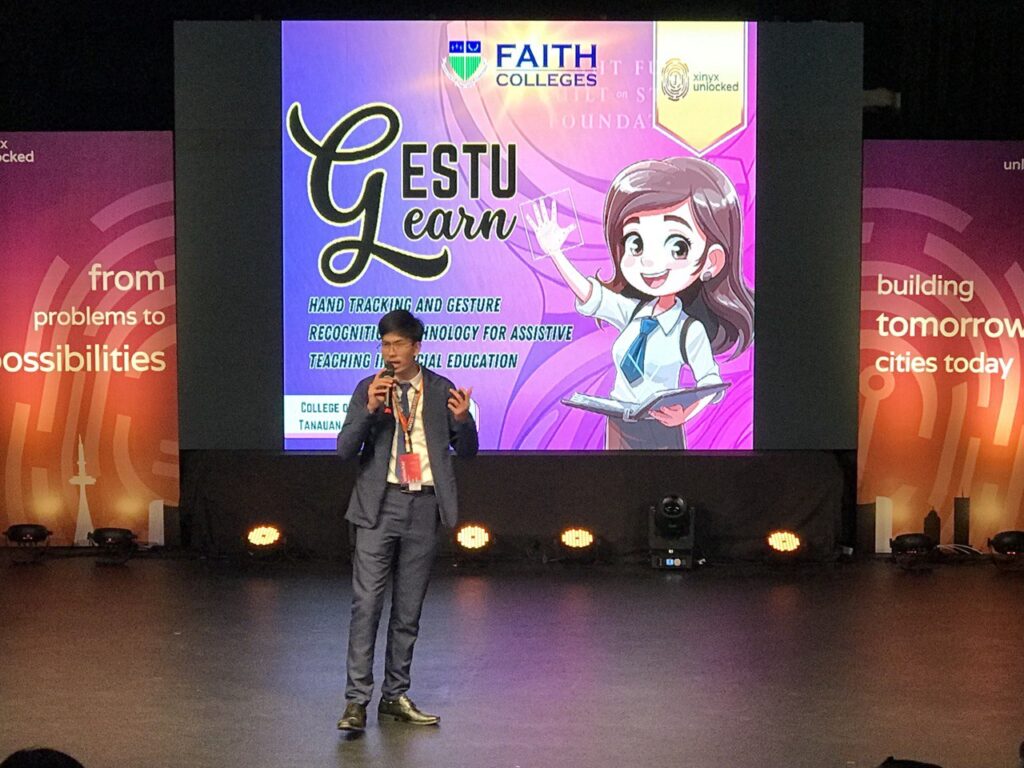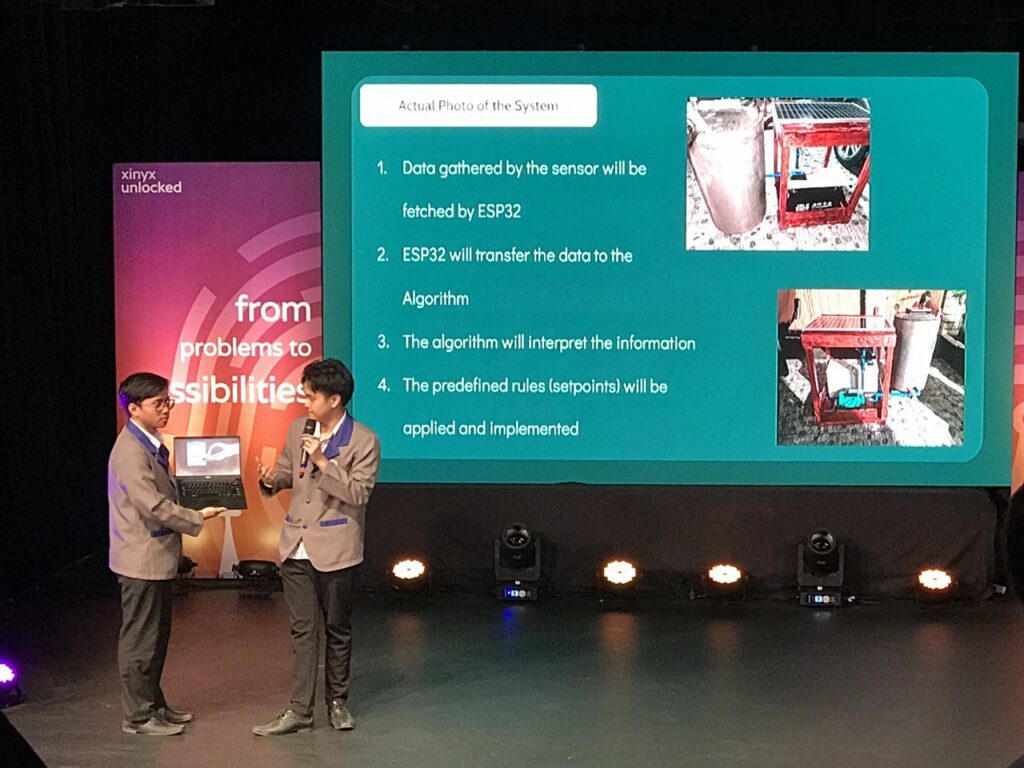By Ma. Angelica Demegillo
Integrated circuit design and semiconductor company Xinyx Design recently hosted the “Xinyx Unlocked” competition to turn the spotlight on talented engineering students who specialize in microelectronics.
The brainchild of Xinyx Design president Charade Avondo, “Xinyx Unlocked” brought together some of the brightest innovations created by Electronics and Communication Engineering (ECE), Electronics Engineering (EE) and Computer Engineering (CE) students in the Philippines. The event, which was held in partnership with the Department of Trade and Industry – Board of Investments (DTI-BOI), also aims to underscore the ingenuity of aspiring Filipino engineers and help them realize the potential of their creations.
Inspired by the inaugural competition’s theme “From Problems to Possibilities: Building Tomorrow’s Cities Today,” organizers challenged the participants to develop a research paper and pitch original “smart city” solutions. Their submissions were then evaluated based on three criteria, namely relevance to the community, innovation and technical complexity and feasibility.
Out of 58 submissions from different universities and colleges nationwide, nine finalists from Luzon, the Visayas and Mindanao emerged. They were then asked to defend their research proposals in front of a panel of judges consisting of industry experts and engineers.
The team from FAITH (First Asia Institute of Technology and Humanities) Colleges brought home the top prize for their research titled “GestuLearn: Hand Tracking and Gesture Recognition Technology for Assistive Teaching in Special Education.” Their pitch is for an interactive learning system that uses video and hand-tracking technology to help students with disabilities learn basic knowledge through non-verbal communication and visual communication methods. With this technology, teachers will find it easier to teach children how to count and read using sign language.
The team from FAITH Colleges received a P70,000 cash prize and will receive a P10,000 monthly allowance for two years.
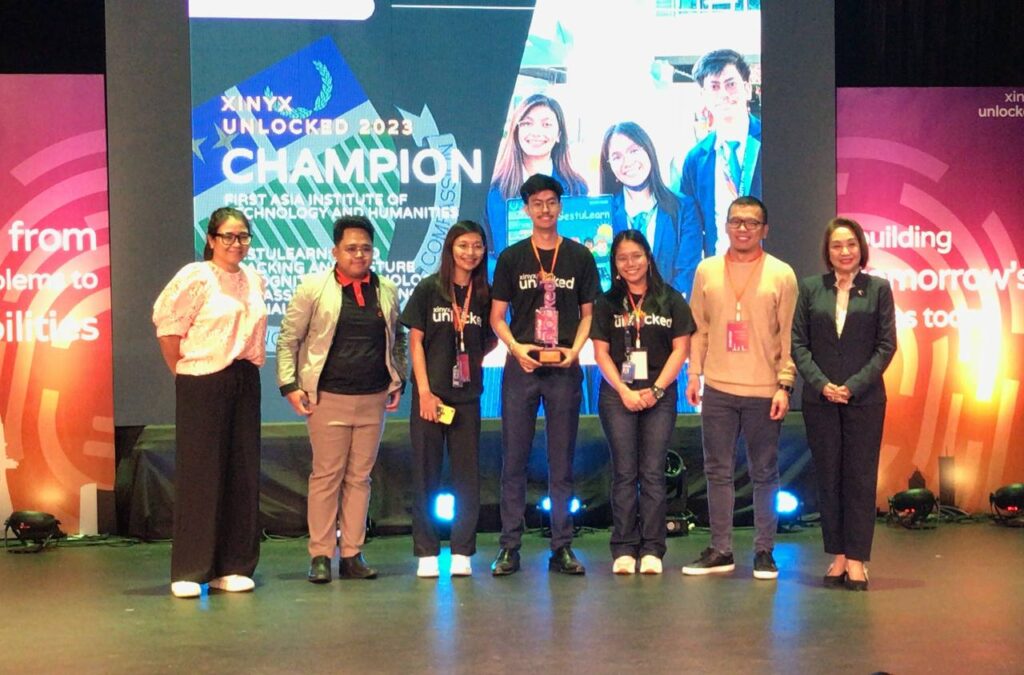
Mindanao State University, General Santos (MSU-GenSan) came in as first runner-up with their entry “FPGA-based Near-Infrared Glucometer with App Integration,” while Caraga State University (CSU) was second runner-up with their entry “Design and Development of a Monitoring System for Solar Platform.” They were awarded with P20,000 and P10,000 in cash prizes, respectively.
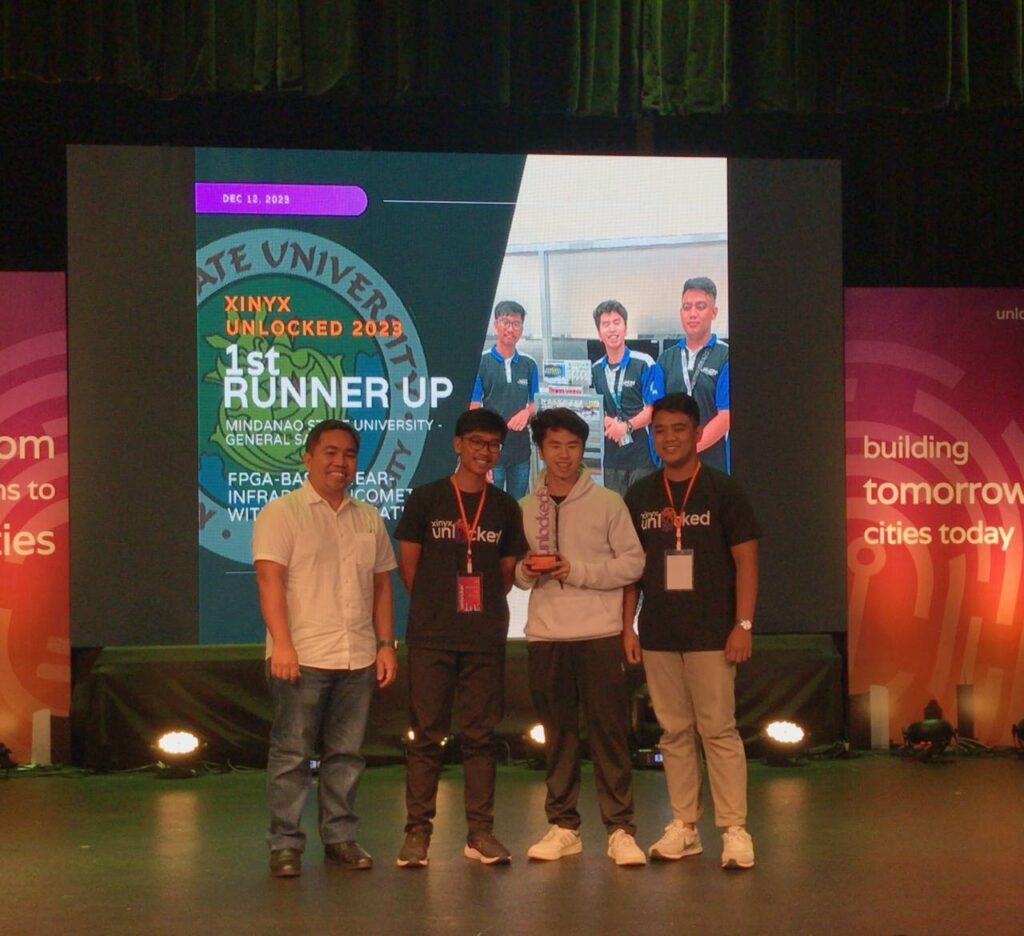
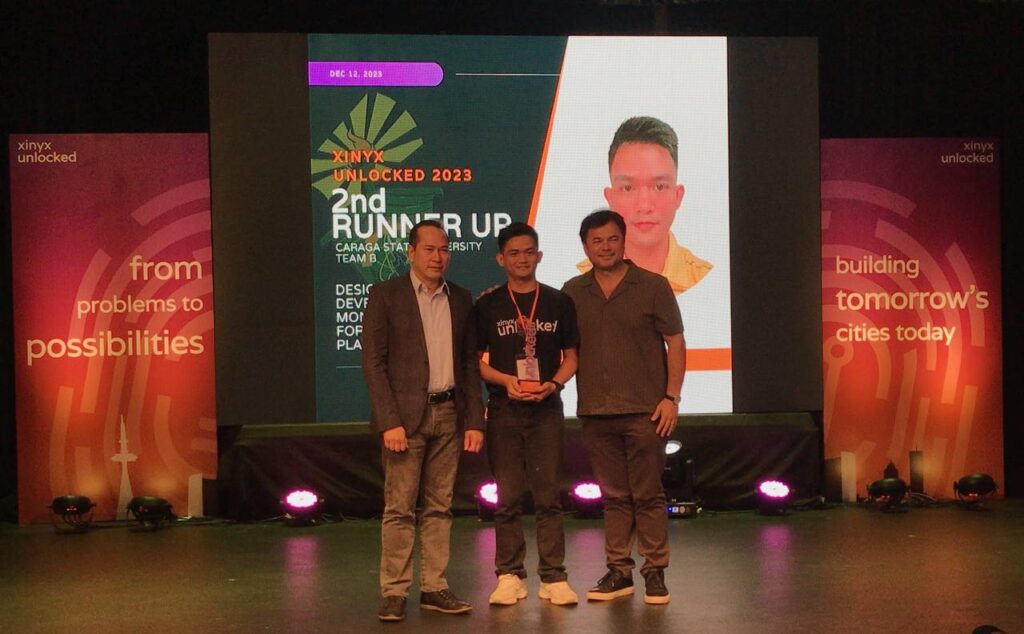
Hopeful collaboration
Apart from being a competition, the event also sparked interest from the younger generation to pursue the field of engineering, particularly in the field of IC Design.
“This industry requires consistent nurturing to bear fruit. We call on our government to reassess their strategies in this sector advocating trailblazers who will not just deliver but will lead us into a future where progress is tangible,” Avondo said in her message during the event.
Avondo also shared that it’s important to tap into the youth, particularly engineering students, to showcase their innovations to potential investors, as well as to raise more awareness to the government to make sure that they are heard and this industry is given the attention it needs.
“Nawawala na siya (It’s starting to be forgotten). The students are not aware anymore and there are a lot of universities closing or shutting down the curriculum because there are only a few, or even no enrollees and a lot are shifting to Civil Engineering without understanding why they are shifting,” Avondo tells PeopleAsia. She added that IC Design engineers are highly in demand in the Philippines and abroad, not to mention the handsome pay that comes with pursuing such as career.
Lattice Semiconductor Director of Design Engineering John Imperial further added that such opportunities are “the main reasons why we’re helping students nurture their creativity and to spark interest to remain in engineering. By that, we can cultivate better engineers that have the passion.”
Looking forward, Imperial shared that they hope to collaborate and continue working with government agencies such as DTI-BOI and the Department of Science and Technology (DOST) to further bolster their efforts in promoting the IC industry and highlight Filipino talent.

